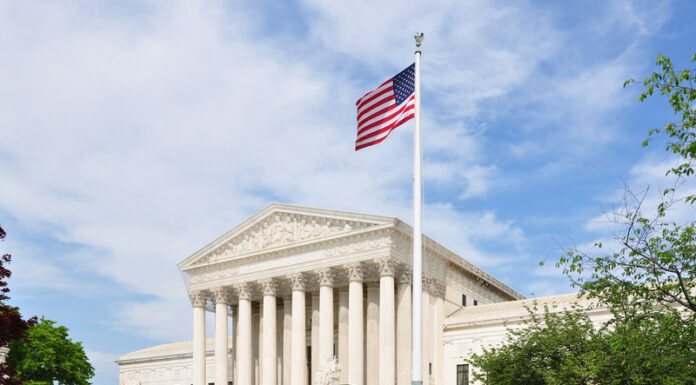The extensive expansion of executive power under the Trump administration has ignited a constitutional debate of unparalleled magnitude. Supreme Court Justice Sonia Sotomayor has added her voice to the increasing number of individuals raising concerns about the potential erosion of the United States’ system of checks and balances.
“Our founders were hellbent on ensuring that we didn’t have a monarchy, and the first way they thought of that was to give Congress the power of the purse,” stated Sotomayor during a talk at Miami Dade College in Miami, Florida on February 11, 2025. This comes amid rising apprehensions over executive overreach.
The actions of the administration echo the phrase coined by former Trump advisor Steve Bannon, “the deconstruction of the administrative state” – a doctrine that has moved from concept to reality. Central to this transformation is the unanticipated alliance between Trump and tech tycoon Elon Musk who, after being appointed to head the novel Department of Government Efficiency (DOGE), has raised fundamental queries about administrative oversight.
“The danger in what Musk is doing is that he is openly defying the United States Constitution,” contends constitutional expert Corey Brettschneider. “Under that document, Congress has the power of the purse, and the executive is charged with spending money allocated by that body.”
Legal experts have shown particular alarm over the administration’s usage of emergency powers. Trump’s utilization of the 1977 International Emergency Economic Powers Act (IEEPA) to levy tariffs on major trading partners signifies a never-before-seen expansion of the law’s ambit. While new duties on Canada and Mexico have been put on hold for 30 days, the president’s decree would have enforced 25 percent tariffs on imports from these countries, with energy taxed at 10 percent, and additional duties added to Chinese goods, which are already in effect.
The restructuring of federal agencies has been both rapid and extensive. Musk has openly bragged about dismantling USAID, while the operations of the Consumer Financial Protection Bureau have been put on hold. The Department of Education could face a potential restructuring or even dissolution under incoming Secretary Linda McMahon, and federal employees are being offered buyouts or risk termination.
The Justice Department has seen significant changes. The FBI has shared information on 5,000 employees involved in the January 6, 2021 cases with officials from the Trump administration. Trump communicated to the new Attorney General, Pamela Bondi, his desire for “impartiality” during an Oval Office meeting, leaving little room for interpretation of his definition of the term.
The administration’s actions are in line with the recommendations made in Project 2025, a blueprint for Republican governance that Trump had earlier denied knowledge of. The plan advocates for transferring “enormous power” from career civil servants and administrative bodies back to the presidency.
Legal challenges continue to pile up. A judge in Rhode Island recently ruled that the administration had violated a court order concerning federal funding freezes. Vice President JD Vance publicly questioned judicial oversight, stating on X, “If a judge tried to tell a general how to conduct a military operation, that would be illegal. Judges aren’t allowed to control the executive’s legitimate power.”
Sotomayor responded in her remarks, “Court decisions stand, whether one particular person chooses to abide by them or not. It doesn’t change the foundation that it’s still a court order that someone will respect at some point.”
House GOP Speaker Mike Johnson defended the administration’s actions, saying, “We see this as an active, engaged, committed executive branch authority doing what the executive branch should do. This is not a usurpation of authority in any way.”
Legal experts are warning about increasing tensions between different branches of the government. “Constitutional crisis may be a little bit over the top, but I think what we’re seeing is we’re on the verge of getting there,” attorney Mark Zaid told MSNBC. “I’ve been telling so many people that we’re not even close to how bad it will be. It is going to get far, far worse.”
Sotomayor emphasized the judiciary’s key role in upholding constitutional boundaries, noting that the court must “make it clear to the society, the presidents, the Congress, the people that we are doing things based on law and the Constitution as we are interpreting it fairly.”
The justice concluded with a cautious reminder of historical precedent: “We’ve had moments where it’s been tested, but by and large, we have been a country who has understood that the rule of law has helped us maintain our democracy.”







